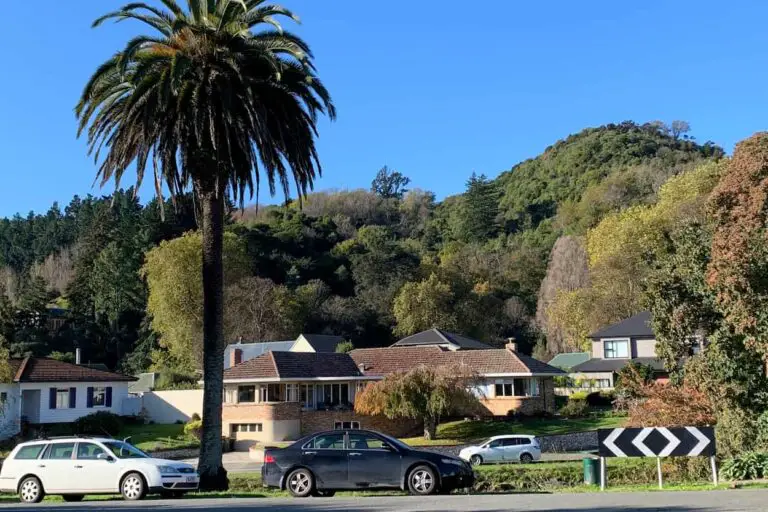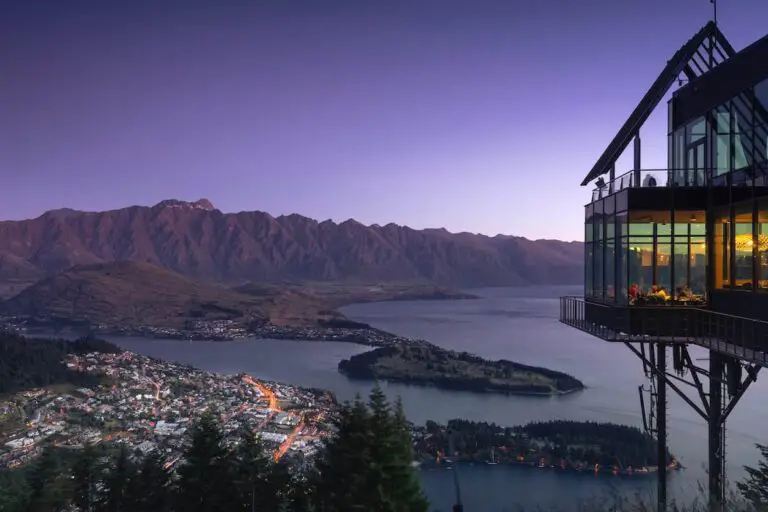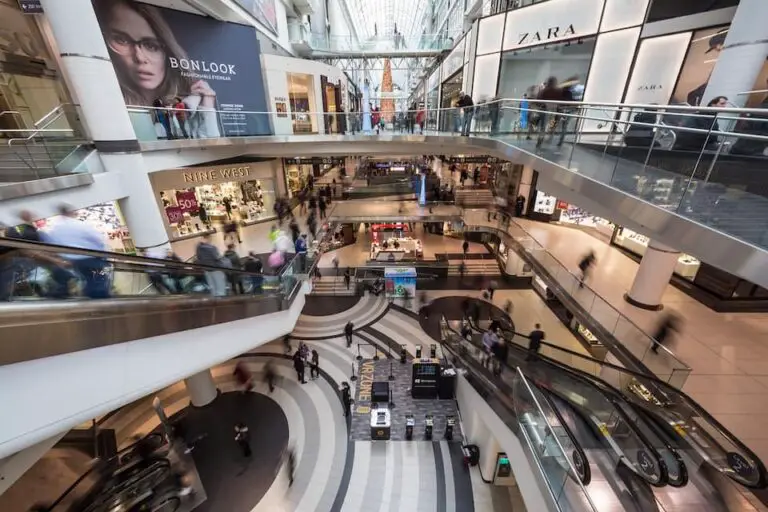Can You Drink Tap Water in New Zealand? [2024]
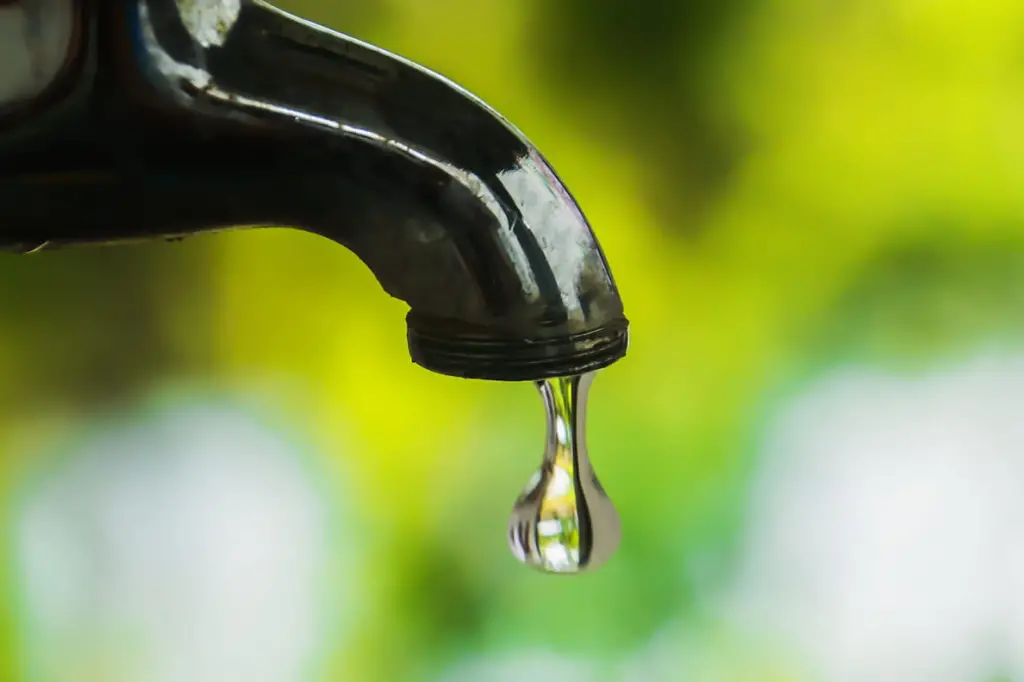
When visiting New Zealand, you’re probably wondering if tap water here is safe to drink or not. Water safety here is possible because of the natural sources of water, the water filtration and treatment process, and the infrastructure of the government.
Although some people still prefer to drink bottled water, tap water in New Zealand is absolutely safe. In fact, for New Zealanders, turning on the tap and gulping down the water is far from a life-threatening decision. Moreover, all restaurants and cafes serve tap water and for free!
New Zealand isn’t among those countries where you need to worry about your life or stomach when drinking out of the tap. Nonetheless, we wrote this article to ensure you about the high quality of water in New Zealand. Continue reading if you want to stay safe, informed, and hydrated!
Where does tap water in New Zealand come from and how is it treated?

Water is an essential source for the existence of mankind on the planet Earth. And it’s even more so critical with the drastic changes in urban expansion and agricultural needs.
There have always been debates about tap water vs bottled water. For most Kiwis, turning on the tap and taking a gulp of water isn’t such a dangerous activity. This is because, in New Zealand, you can drink tap water! It’s completely safe!
You may not even wonder where your water is coming from; the good news is that you don’t need to worry. Because tap water in New Zealand is not only properly filtered but also contains more minerals than bottled water does.
The origin of the diverse water sources in New Zealand is traced back to the mountains of the country. The freshwater flows from the mountains and produces 70 major river catchments, which run on over 425,000 kilometers of rivers and streams.
In turn, these rivers and streams flow to form multitudes of freshwater habitats. The most common water sources among these are:
- Groundwater aquifers
- Lakes
- Springs
- Rivers
- Streams
Source: waterdefense.org
About one-third of the water that the public uses is provided by groundwater aquifers. These aquifers are estimated to store around 612 billion cubic meters of high-quality water.
Besides these, the other water sources include glaciers, dams, cave systems, and some wetlands. But, all in all, these natural sources account for the tap water available in New Zealand.
How New Zealand water is treated
The public water system in New Zealand is treated to high standards to remove any contaminants from it. The water filtration process or water treatment options include:
- Chlorination: One of the most common methods of filtering water to make it suitable for drinking is to treat it with chlorine. Chlorination kills bacteria, pathogens, and any viruses that can make the water harmful.
However, chlorination isn’t as effective and needs to be evaporated from the tap water before use.
- Ultra-Violet (UV) filtration: This is the best and most effective water filtration system to remove bacteria and sediments. UV filtration systems are used to sterilize the water to make tap water fit for human consumption.
- Boiling: Boiling water is the oldest method of filtering germs, sediments, and bacteria, which is still employed in rural New Zealand. It is often the last step when there is still any doubt left about the safety of the water.
- Reserve osmosis filtration: Water filtration based on reverse osmosis can force out the contaminants from the unfiltered water. These include pushing out arsenic, fluoride, lead, nitrates, and perchlorate, which are hazardous to human health.
Safety of tap water across New Zealand
When it comes to the question of whether tap water is safe in New Zealand or not, there is only one simple answer. Yes, tap water in New Zealand is safe to drink.
The water is filtered through various processes to ensure that the water is 100% safe and clean for the public. It meets all of the regulations made under the Water Services Act 2021 for drinking water quality.
Although tap water is safe to drink all across New Zealand, the degree of safety varies considerably. Bigger cities have bigger budgets to build good infrastructure and follow up with the regulations. While backward areas and smaller cities sometimes go unnoticed.
The three cities with the cleanest water in New Zealand are Wellington, Auckland, and Tauranga.
If you are unsure whether tap water is safe to drink or not, then there’s one thing you need to remember. The majority of the water in New Zealand is labelled as soft.
Compared to hard water, which has an excess of calcium and magnesium, soft water is devoid of such harsh minerals that can be dangerous to your health. It is gentler with the problematic materials removed through filtration processes.
Another thing you need to keep in mind to ensure the safety of your tap water is to flush your taps before use, once in the morning. This removes lead and other heavy metals that may have made their way through.
A question most people ask is whether you can drink water from the bathroom or not. Bathroom water also falls under the category of tap water, so yes, you can drink it.
Water filters
Water filters aren’t necessarily needed to drink tap water in New Zealand. If your water supply falls under the regulations and standards set by the government, then you don’t require water filters.
However, if you wish to use a water filter to give you peace of mind, then that’s more of a personal decision than a need. You can use filters to eliminate the overly chlorinated taste or if your tap water flows through ancient pipes.
The ideal way to deal with these issues is to install a water filter just to be sure. Here are the benefits offered by a water filter:
- Access to safe drinking water at all times
- Gets rid of lead, limescale, and other chemicals that haven’t been flushed out
- Clears doubts about safety concerns
- Prevents skin irritation
- Improves the taste and quality of water
Can you drink tap water in Auckland?
Just like the rest of New Zealand, you can drink tap water in Auckland as well. Tap water in Auckland comes from multiple natural sources, guaranteeing its safety.
These are:
Auckland is the largest, most populated, and most developed city in New Zealand, and thus, it has the best water services available. Bigger cities have bigger budgets to build good infrastructure and follow up with the regulations.
With around 1.6 million inhabitants, Watercare is up to the mark in providing clean water with the highest standards. From pH tests to chlorination and filtration — every step is conducted carefully to ensure that the tap water is safe for drinking.
Besides using tap water for drinking, you can use it for other purposes around the house, without leaving any residue or stains — such as cleaning, showering, and laundry.
Can you drink tap water in Christchurch?
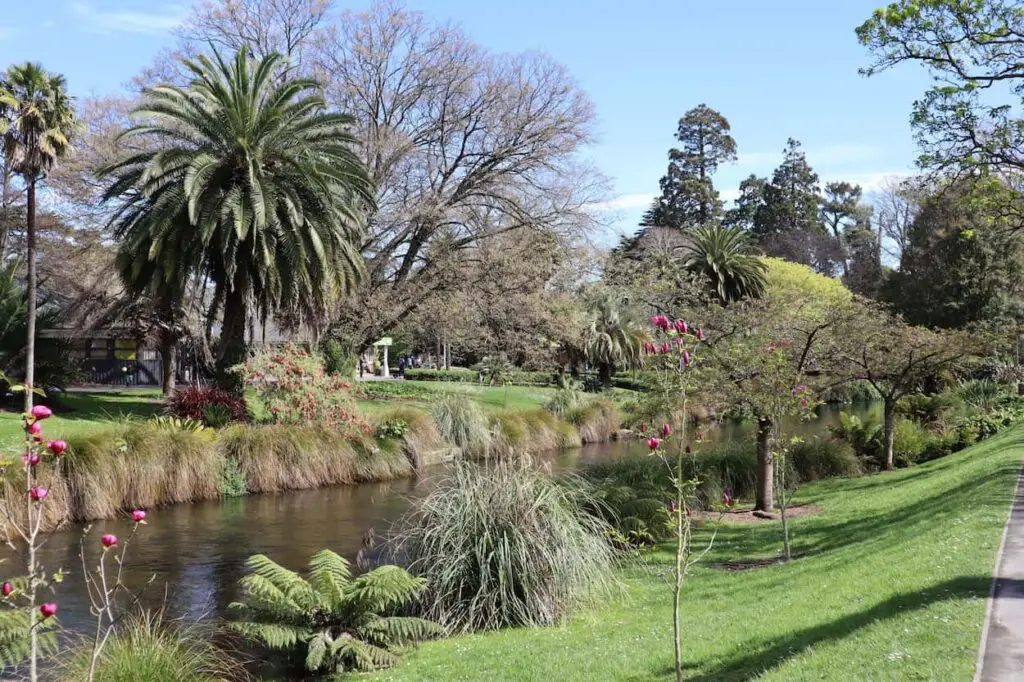
Christchurch is one of those cities in the country where you can drink tap water safely and easily. The groundwater quality is excellent and is constantly checked to ensure it’s bacteria-free.
However, in recent years, people have started to complain about the quality of the water. Many say it’s not fit for drinking and is contaminated by viruses, bacteria, nitrates, and other chemicals.
This makes tap water dangerous to drink. However, a solution has been implemented to the problem posed. Chlorination has been in the works to minimize the risk of unsafe tap water for the community.
Chlorine treatments have been introduced at a low level to maintain the tap water quality as much as possible. In case of a higher risk, increased chlorine levels are added to protect public health.
PS: The water that we drink in Christchurch doesn’t come from the Avon River, so don’t worry.
Is Queenstown tap water safe to drink?
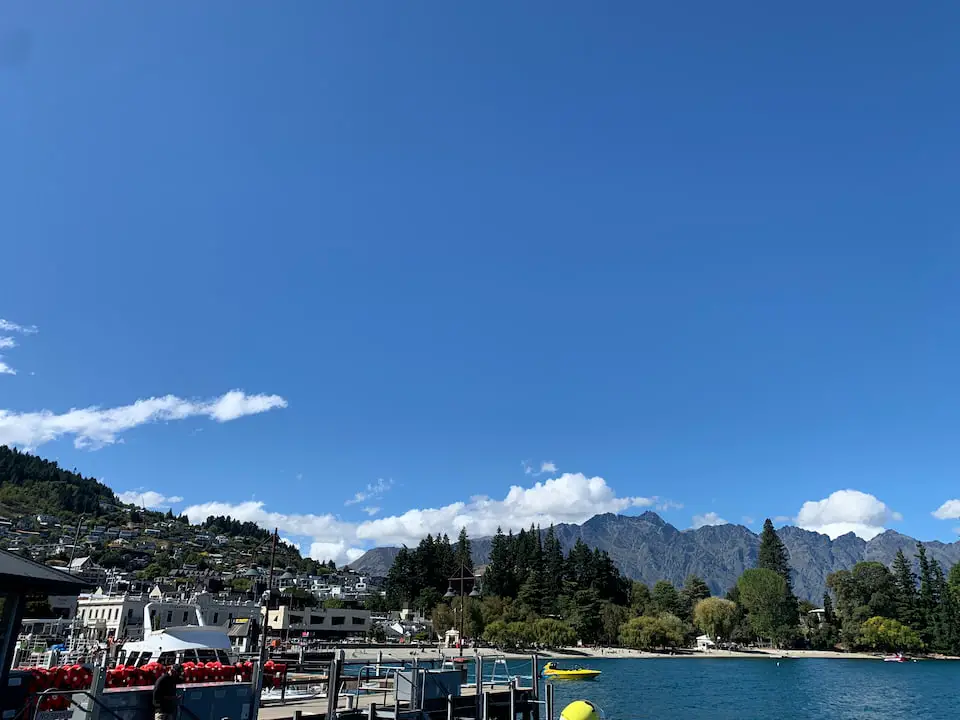
Queenstown is a small town located in the Southern Alps, it has some of the cleanest water in the country! Not only can you drink tap water there, but you also will find plenty of natural sources of fresh water, like streams in the mountains.
If water is unsafe to drink, e.g., in portable toilets, there will be an indicator. However, using water in bathrooms is generally not a good idea.

Read more about safety in New Zealand.

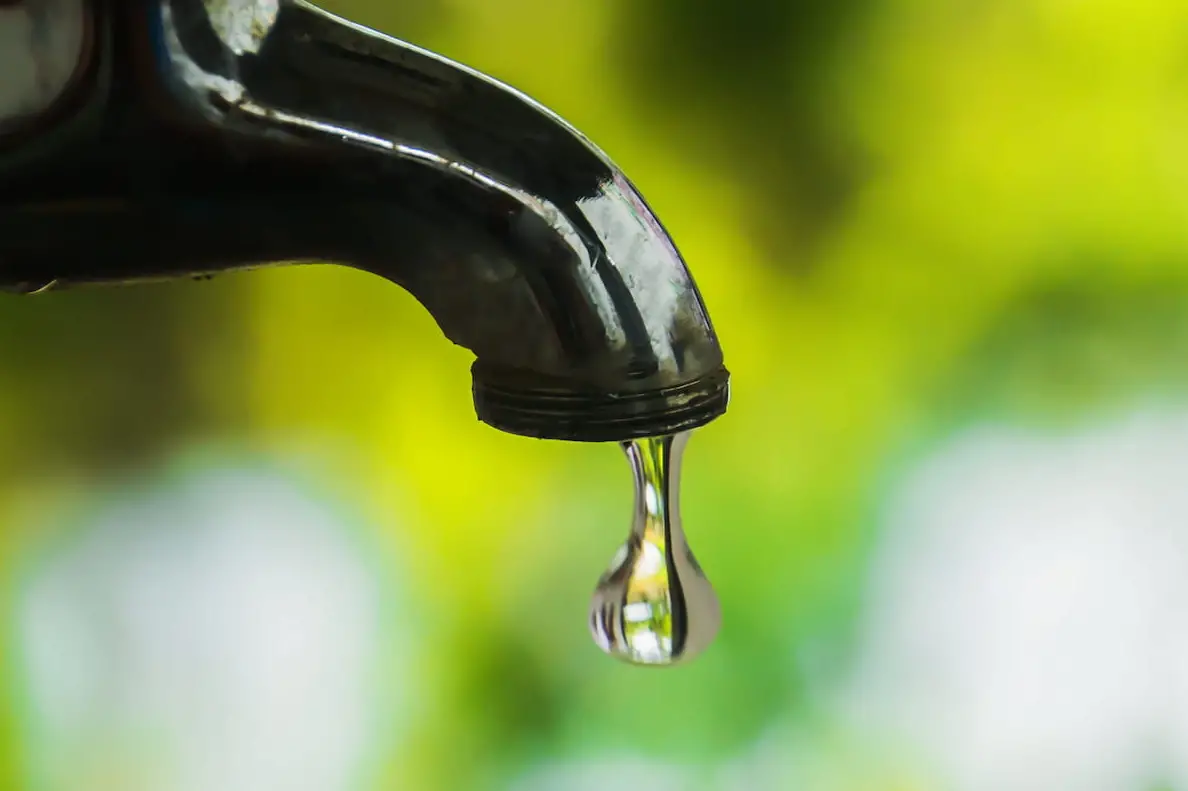
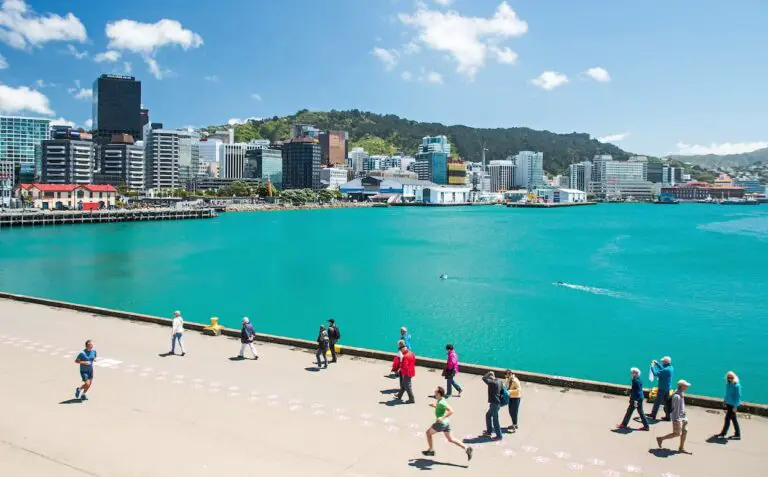
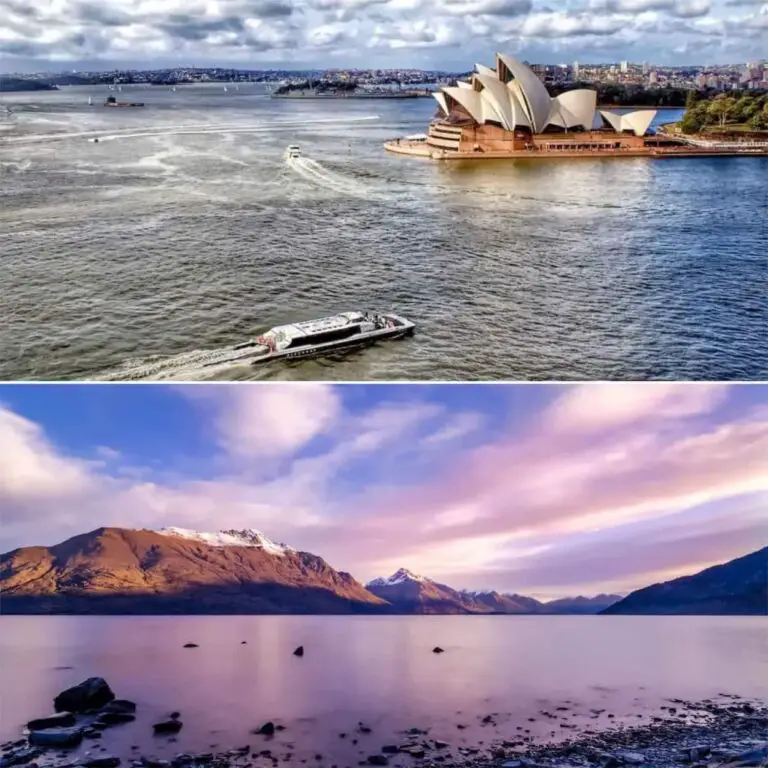
![How To Understand & Dial New Zealand Phone Numbers [Detailed Guide]](https://simplenewzealand.com/wp-content/uploads/2023/05/american-call-calling-caucasian-cellphone-cheerful-1567117-pxhere.com-1-768x591.jpg)
